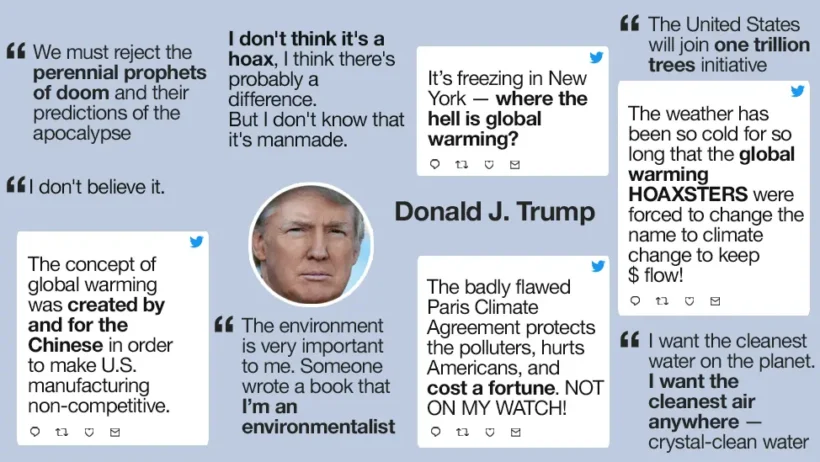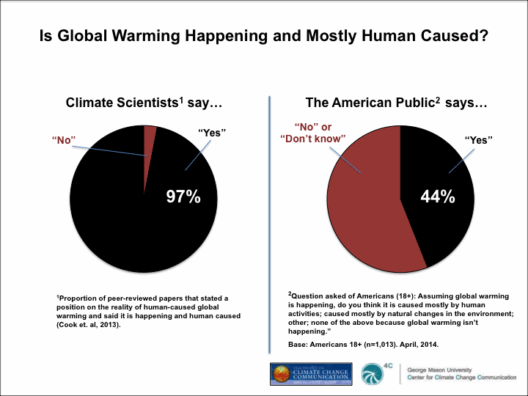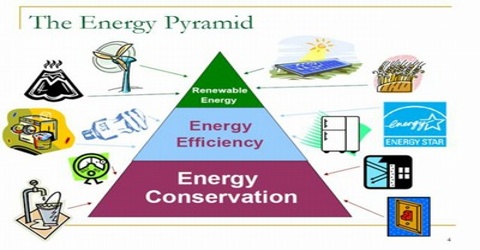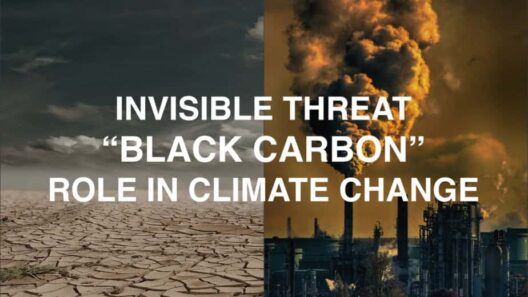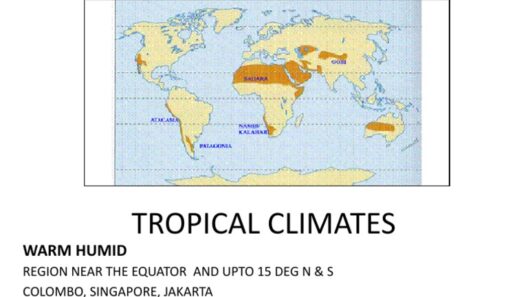Climate change stands as one of the most pressing issues of our time, igniting passionate discussions among scientists, activists, and the general populace. Politicians, as influential figures in shaping public policy, play a pivotal role in addressing the myriad challenges posed by climate change. This article examines various political perspectives on climate change, analyzing their implications and the rationale behind them.
The Climate Change Consensus: An Inconvenient Reality
In recent years, there has been a growing acknowledgment among politicians of the scientific consensus surrounding climate change. Many leaders cite overwhelming evidence from climate scientists that human activity, particularly the burning of fossil fuels, is significantly contributing to global warming. This recognition has led to a range of policy proposals aimed at mitigating climate impacts.
Notably, many progressive politicians advocate for robust environmental regulations. They argue that transformative policies, such as the Green New Deal, are essential not only for combating climate change but also for revitalizing the economy through green jobs. Supporters emphasize the dual advantage of creating sustainable employment while curbing greenhouse gas emissions.
On the other side of the political spectrum, certain conservative figures have expressed skepticism regarding the extent of human-caused climate change. Some maintain that the economic ramifications of aggressive climate action could outweigh the potential benefits. This hesitation often stems from a belief in the necessity of preserving traditional energy sectors, such as coal and oil, which are seen as vital to national energy independence and economic stability.
The Energy Transition Debate: Renewable versus Fossil Fuels
One of the most contentious topics in political discourse on climate change is the transition from fossil fuels to renewable energy sources. Politicians who endorse renewable energy emphasize the long-term benefits of solar, wind, and hydroelectric power. They argue that investment in these technologies not only aligns with environmental goals but also reduces dependency on finite resources.
The push for renewable energy has gained significant traction, particularly in many Western countries where policies incentivizing clean energy production have led to considerable advancements. For instance, tax credits and subsidies for solar panels have bolstered residential solar installations, creating a burgeoning market that contributes to job creation and energy diversification.
However, some politicians raise concerns regarding the feasibility and immediate economic impact of a rapid transition to renewable energy. They argue that a balanced energy approach, integrating both renewables and traditional energy sources, may be necessary to meet current demand without jeopardizing the economy. This perspective emphasizes the need for gradual reform rather than abrupt shifts that could disrupt energy supply chains.
The International Perspective: Climate Change as a Global Challenge
Climate change transcends national borders, prompting a collective response from politicians worldwide. International agreements, such as the Paris Agreement, represent efforts to unite countries in their commitment to reducing carbon emissions. Politicians involved in these discussions highlight the necessity of global cooperation in addressing a phenomenon that disproportionately affects vulnerable populations, particularly in developing nations.
Some leaders advocate for increased funding to support climate resilience in poorer countries, arguing that investments in infrastructure, education, and technology are vital to enable these nations to cope with the adverse effects of climate change. This stance not only emphasizes moral responsibility but also reflects an understanding that climate impacts will have global repercussions, affecting trade, migration, and security.
Conversely, there remains a faction of politicians who question the efficacy of international agreements. They argue that nations often fail to meet their commitments, rendering such pacts ineffective. This skepticism raises important questions about accountability and enforcement mechanisms, challenging the global community to devise better strategies to ensure compliance and cooperation.
Public Reception: The Role of Voter Sentiment
The political landscape around climate change is also heavily influenced by voter sentiment. As public awareness of environmental issues increases, politicians face pressure to prioritize climate action in their agendas. Polls suggest that a significant portion of the electorate is concerned about climate change, urging leaders to adopt more ambitious policies.
Some politicians have capitalized on this sentiment, using climate change as a defining issue in their campaigns. Engaging in grassroots movements, they foster dialogue about the importance of sustainable practices and environmental stewardship. However, contrasting viewpoints persist within the electorate. While younger voters often prioritize climate action, older demographics may express reservations about the economic implications of such policies.
Conclusion: A Multifaceted Political Landscape
The discourse surrounding climate change among politicians is rich and complex, characterized by a diversity of opinions and strategies. From ambitious renewable energy goals to pragmatic approaches balancing economic growth with environmental responsibilities, the political narrative is continually evolving.
The future trajectory of climate policy will heavily depend on the interplay between public opinion, scientific evidence, and political will. As the urgency of climate change continues to mount, it is essential for politicians to find common ground that transcends partisan lines, fostering a collective responsibility towards creating a sustainable future for all. Ultimately, the success of climate action will hinge on the willingness of politicians to listen to their constituents and collaborate on innovative solutions that prioritize the planet.


